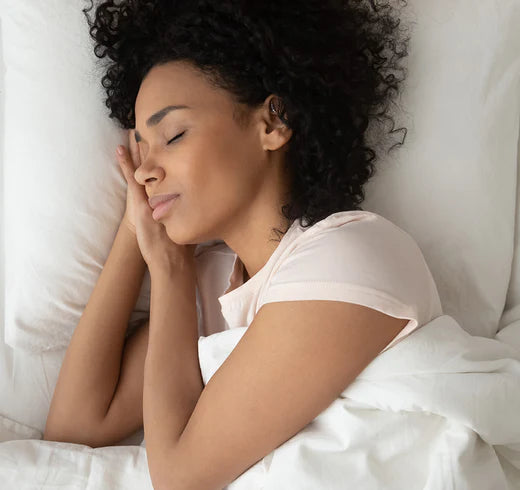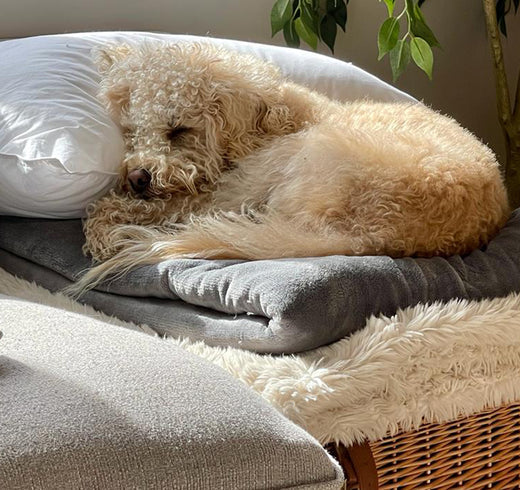
Learn how to create your own sleep ritual
There are so many things that can prevent us from getting a good night's sleep. While most of us understand what we should be doing to help get our sleep back on track, the anxiety of not sleeping can get in the way.
Routine is key to getting your sleep on track, but so many of us fail to get into the swing of things despite the fact this has been ingrained in us from an early age.
Creating a sleep ritual is all about routine, and it is personal to you as we all lead different lives.
Addressing these three simple components and personalising them in your lifestyle is an excellent way to establish your own personal sleep ritual.
Behaviour
This is all about what you do before you go to bed and is probably the most influential and challenging component to get to grips with.
Ditch the electronics
Any light can disrupt sleep as it suppresses the release of melatonin which is the hormone that controls the sleep cycle. The most harmful blue light is emitted from electronic equipment, including phones, laptops, and TVs.
Chill out
Taking half an hour to bathe or shower an hour before bed is enough to reap the benefits. Try some essential oils such as lavender, bergamot, and ylang-ylang as they stimulate the olfactory nerve that gives you your sense of smell and sends signals to parts of the brain in charge of emotions and mood.
The hour or so after bathing leads to a drop in body temperature, which signals the release of melatonin to help induce relaxation and sleep by lowering heart rate, breathing, and digestion.
Download you thoughts
Keep a pad of paper and a pen next to your bed so you can jot down your thoughts before you go to sleep each night. As well as writing down your worries and stresses, include any unfinished tasks that need to be completed the following day, or make a to-do list.
Get comfy
The position you choose to sleep in could be a factor in your ability to sleep through the night.
The most common sleep position – and the one recommended by many sleep experts – is foetal. If you choose to sleep this way, you should favour the opposite side to the one of your dominance (in other words, if you're right-handed, choose your left side). Not all experts agree on this, though, with many suggesting that sleeping on your back is better for your health, even though this is the least popular position to sleep in.
If you suffer from back pain, sleeping on your back allows your head, neck, and spine to rest in a neutral position, limiting any excess pressure on those areas. Placing a pillow under the back of your knees can help support the natural curve of your lower back and further lessen any stress on your spine.
Exercise
Exercise benefits your overall health and sleep in several ways, not least in increasing the time spent in deep sleep (stages 3–4), which is the most physically restorative phase of your sleep cycle. While helping to improve the quality of your sleep, physical activity can also aid in lengthening the amount of time you spend asleep.
Create the perfect sleep environment
Whether it's a ticking clock, cluttered shelves, disorganised wardrobes, heaps of dirty laundry,
piles of work files or the standby lights on electrical equipment, it doesn't take much for any of these things to become the focus of attention when trying to get to sleep.
If you don't need it in the bedroom, don't keep it in the bedroom. Remove anything that's not conducive to a restful, relaxing environment, save only your lamp and possibly a candle on your bedside table. And yes, the same rule applies to any digital devices cluttering your bedroom, such as TVs, laptops, and phones; this is your space to sleep, so be strict with yourself.
Taking the time to address your habits and sleep environment to develop your own personal sleep ritual is hugely beneficial for sleep. The key is routine and sticking to your own version of this will help you get your dreams' sleep.


